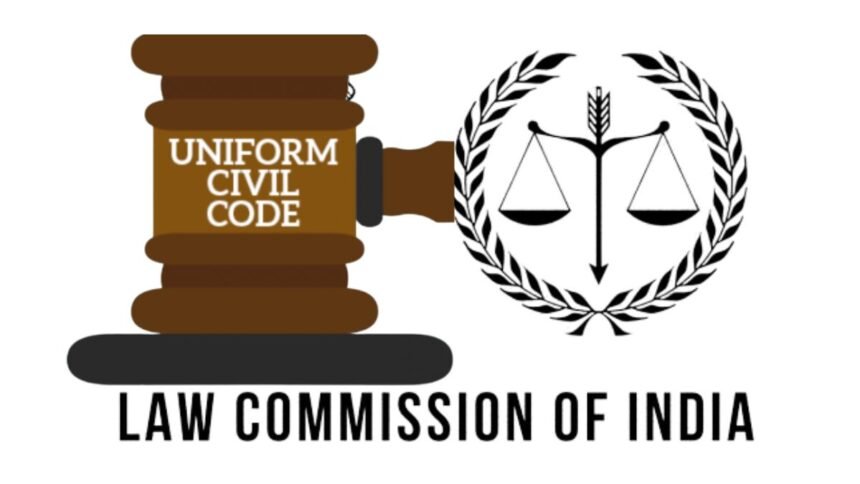The talk about the Uniform Civil Code (UCC) in India is like a detailed and complicated conversation. It’s all about trying to have the same laws for everyone in personal matters, no matter what religion they follow.. The endeavor to strike a delicate balance in implementing such a code traverses through historical, social, and legal dimensions, necessitating a comprehensive exploration of the various facets that contribute to this complex narrative.
At its core, the UCC aims to establish uniform laws applicable to all citizens, transcending religious boundaries. The foundational principle behind this concept is to promote equality, justice, and a cohesive national identity. However, the path to implementing a Uniform Civil Code is fraught with challenges, as it intersects with deeply ingrained cultural, religious, and societal practices.
India’s rich tapestry of diverse cultures and religions adds a layer of complexity to the debate. The country is home to multiple personal laws based on religion, including Hindu, Muslim, Christian, and others. Each community follows its distinct set of rules concerning marriage, divorce, inheritance, and other personal matters. The call for a Uniform Civil Code raises questions about how to reconcile these diverse practices with the idea of a common legal framework.
Historically, the debate around the UCC has been intertwined with the broader discourse on secularism in India. While the Constitution of India provides for the freedom to practice and propagate religion, the question arises whether personal laws based on religion can coexist with the constitutional principles of equality and non-discrimination. Striking a balance between religious freedoms and the quest for a common civil code becomes a critical consideration.
Social perceptions and attitudes towards gender equality further complicate the UCC discourse. Critics argue that many existing personal laws are inherently discriminatory, especially towards women. The push for a Uniform Civil Code is often framed within the context of promoting gender justice and equality. However, the challenge lies in navigating the delicate terrain of tradition, religion, and societal expectations to ensure that legal reforms are inclusive and just.
Legal complexities also emerge in the implementation of a Uniform Civil Code. The Constitution of India grants significant autonomy to religious communities in matters of personal laws. Any attempt to overhaul the existing system necessitates careful consideration of constitutional provisions, precedents, and the potential impact on religious minority rights. The delicate task of harmonizing legal principles while respecting constitutional guarantees adds another layer of intricacy to the debate.
The political landscape in India plays a pivotal role in shaping the discourse around the UCC. The issue is often wielded as a political tool, with different parties and groups aligning themselves based on ideological considerations. While some advocate for the implementation of a Uniform Civil Code as a step towards national integration and modernization, others argue that it should be a product of consensus, respecting the diversity of India’s cultural and religious fabric.
Public opinion becomes a crucial factor in navigating the complexities of the UCC debate. The diverse and pluralistic nature of Indian society means that perspectives on the need for a common civil code vary widely. Engaging with the public in a meaningful dialogue to understand concerns, dispel misconceptions, and foster a sense of ownership in the legal reform process is essential for building a consensus-driven approach.
The journey towards having a Uniform Civil Code in India is like navigating through a complex and layered conversation that touches on history, society, laws, and politics. It involves exploring different aspects to understand the full picture.
Striking a balance in implementing such a code involves careful consideration of the diverse cultural and religious practices, constitutional principles, gender justice, and the complexities of public opinion. The journey toward a common legal framework is a nuanced process that requires thoughtful deliberation and inclusive dialogue to ensure that the pursuit of uniformity aligns with the ideals of justice, equality, and respect for diversity.




